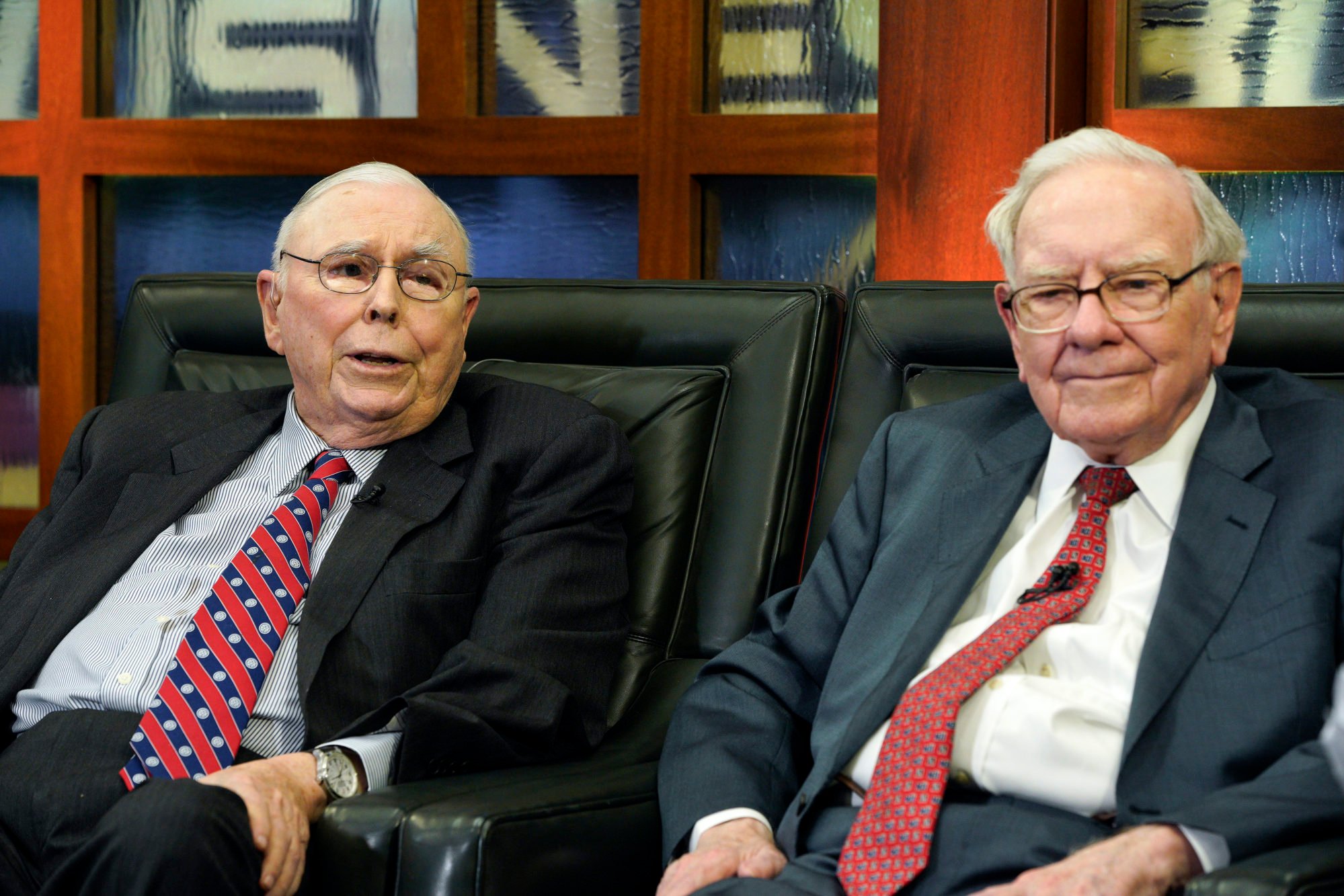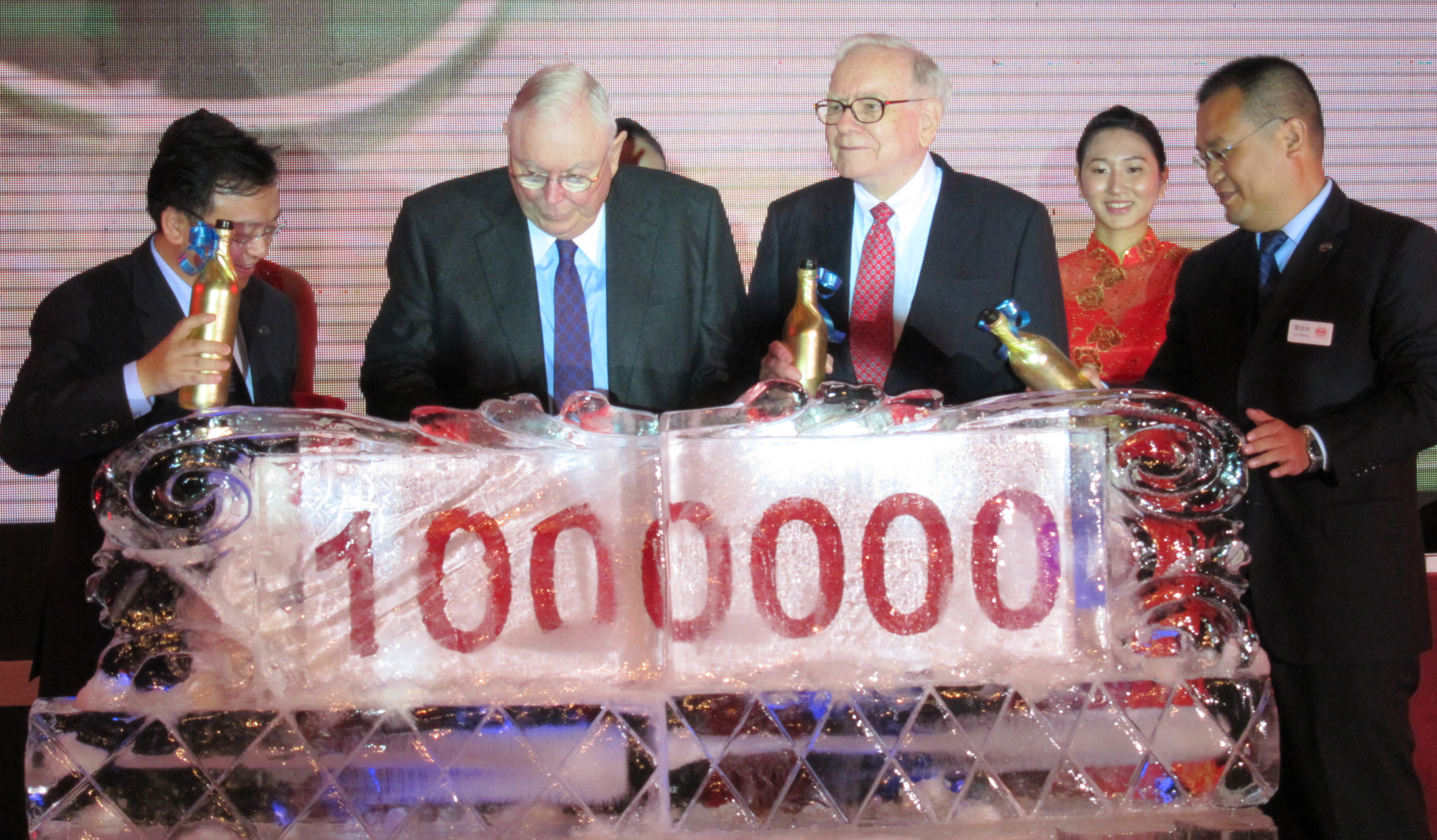Munger’s portfolio, held through his investment vehicle, US publishing company Daily Journal, included many other Chinese companies such as e-commerce giant Alibaba Group Holding. Munger was the board chairman of Daily Journal.

He also invested in some of China’s biggest onshore listed companies, such as pork processor Henan Shuanghui Investment and Development, and Dong-E-E-Jiao, a traditional Chinese medicine maker that uses donkey hide as an ingredient.
Here are some of Munger’s views:
On Chinese stocks and geopolitical tensions
While admitting it was more difficult to invest in China than in the US because of policy uncertainty and geopolitical tensions, Munger said at Berkshire’s annual meeting in May last year that he invested in China because he could get much better companies at much lower prices.
“No question that the government of China has worried US investors more in recent months than it has in years. That’s really affected some internet stocks,” he said.
Munger made similar comments at Daily Journal’s annual meeting in February last year, saying he was more comfortable with Chinese businesses than Buffett.
On Alibaba and BYD
Munger’s investment in Alibaba, the Post’s owner, has proved to be a limited success so far. Daily Journal held 300,000 American depositary receipts (ADRs) of Alibaba at the end of the third quarter, half of its holdings of 602,060 ADRs at the end of 2021, according to filings to the US Securities and Exchange Commission.
Daily Journal had doubled the investments in the e-commerce group in 2022. Alibaba’s ADRs have lost almost 40 per cent since the start of 2022 as growth slowed amid weaker consumer spending in China and stiffer competition from rivals PDD Holdings and JD.com.

Alibaba was the third-biggest holding in Daily Journal’s portfolio after Wells Fargo and Bank of America as of the end of the third quarter, according to Bloomberg data.
The investment in BYD was through Berkshire Hathaway. Munger and Buffett reaped a near 30-fold return from a HK$1.8 billion (US$230.9 million) investment in 2008, which they had kept unchanged for 14 years until their cutbacks in 2022. BYD overtook US rival Tesla as the world’s largest EV maker last year, with annual sales of 1.86 million units.
On stock picks in China’s onshore market
Munger’s investments in China’s yuan-denominated stocks included dietary supplement maker By-health, cosmetics maker Shanghai Jahwa United, rubber conveyor belt maker Zhejiang Double Arrow Rubber, supermarket operator Yonghui Superstores, Henan Shuanghui and Dong-E-E-Jiao, according to local media reports. Dubbed as “white horse” stocks, the Chinese equivalent of blue chips, most of them are leading players in their respective industries.

Separately, BYD paid a generous tribute to Munger.
“Mr Munger was one of the greatest investors in our [early] days, establishing an immortal benchmark in the investment world. He was also a generous philanthropist, making remarkable contributions to the areas from education, medicals, culture to science research,” BYD said in a statement.
“Mr Munger had always been unwaveringly positive on China’s market. In 2008, we luckily won the recognition from him and Berkshire Hathaway has become our important shareholder. This was the first time that the company had been acknowledged by world’s top investors, which inspired and motivated our adherence to the EV industry.
“We pay our deepest tribute to Mr Munger and his wisdom and spirit lives with us forever.”

